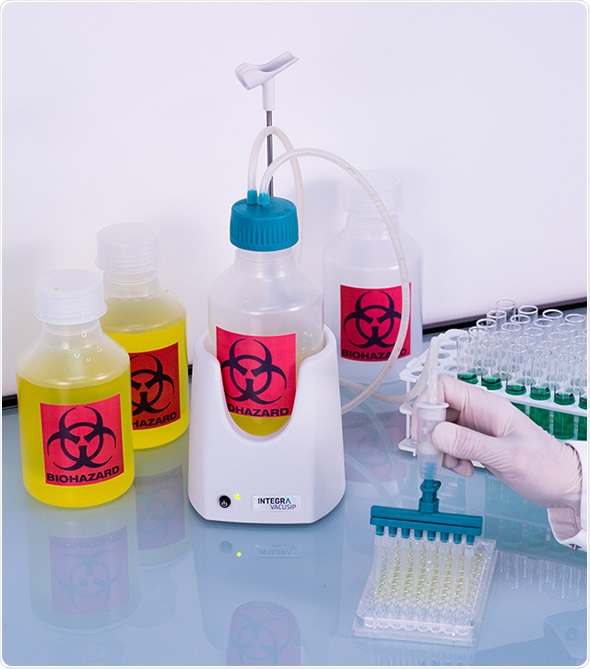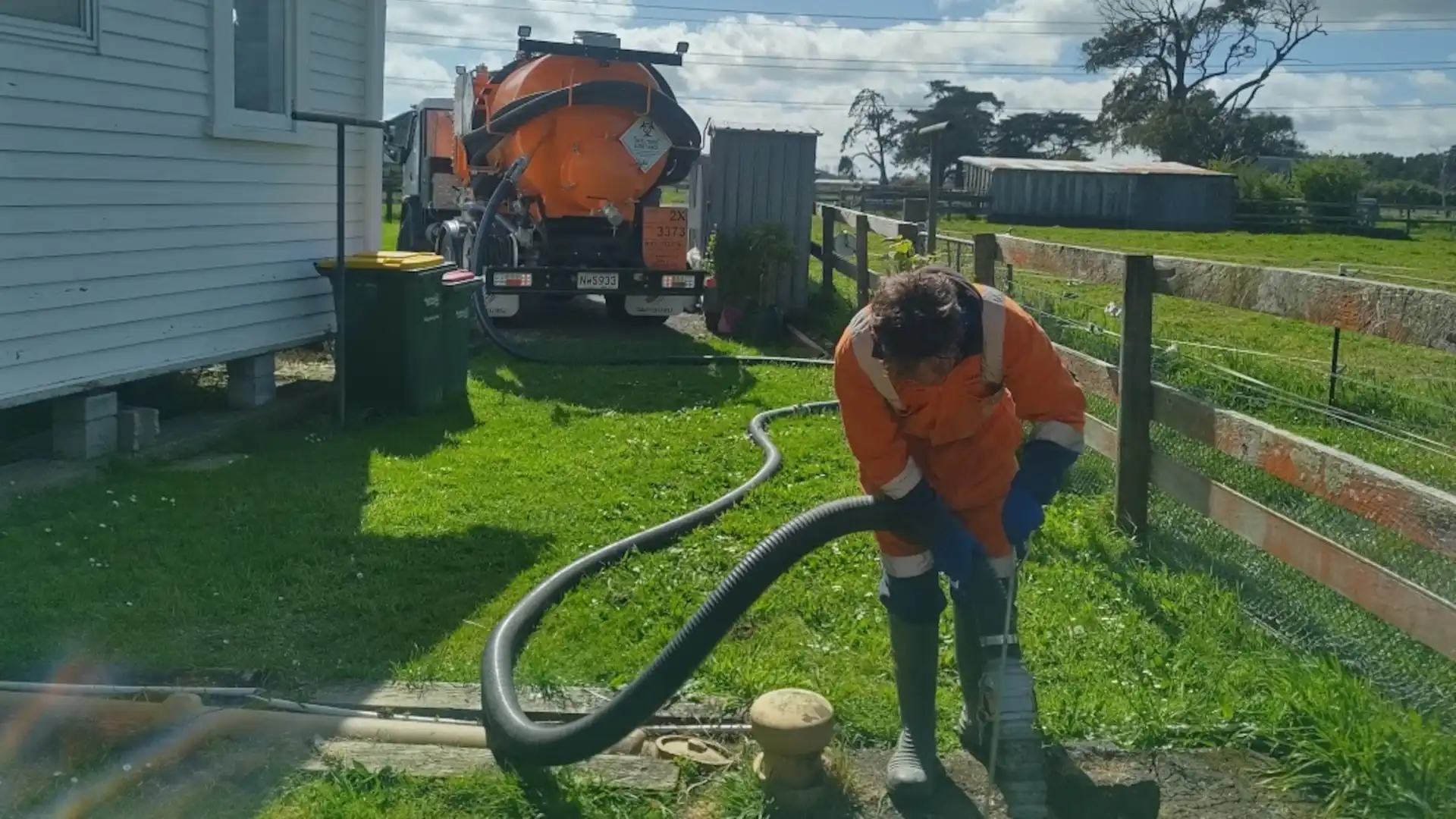Safe and Lasting Liquid Waste Disposal: Your Go-To Service Provider
Safe and Lasting Liquid Waste Disposal: Your Go-To Service Provider
Blog Article
Comprehending the Comprehensive Refine of Fluid Garbage Disposal: Ideal Practices and Environmental Effect Factors To Consider
The administration of fluid waste disposal is a diverse issue that calls for a detailed understanding of different ideal techniques and their connected environmental effects. From the kinds of liquid waste produced to the approaches utilized for collection, therapy, and last disposal, each action plays a vital role in securing communities and public health.
Kinds Of Fluid Waste
Comprehending the various kinds of liquid waste is essential for efficient monitoring and disposal methods. Liquid waste can be extensively classified right into several kinds, each requiring special handling and treatment techniques.
Industrial liquid waste commonly contains dangerous products, including hefty steels, solvents, and chemicals, produced during making procedures. These wastes demand strict governing compliance to protect human wellness and the setting. Domestic liquid waste primarily describes wastewater created from houses, including sewage and greywater, which, although much less toxic, can still pose considerable risks if incorrectly taken care of.
Agricultural fluid waste, consisting of drainage from farms, often includes fertilizers and pesticides that can cause ecological deterioration otherwise treated effectively. Clinical fluid waste, produced from medical care facilities, consists of polluted fluids such as physical liquids and chemicals, requiring specialized disposal methods to avoid infection and ecological contamination.
Finally, oil and grease waste, normally generated by restaurants and vehicle markets, can trigger serious blockages in sewage system systems otherwise handled appropriately. Understanding these categories promotes targeted approaches for treatment, compliance with policies, and effective disposal approaches, ultimately promoting environmental sustainability and public wellness security.

Collection Approaches
Efficient collection techniques are essential for the correct monitoring of liquid waste, ensuring that it is gathered securely and effectively prior to therapy or disposal. Various strategies are employed depending upon the type of fluid waste produced, the quantity, and the certain characteristics of the waste.
One usual technique is making use of specialized collection storage tanks or sumps, which are created to capture fluid waste at the resource. These systems frequently incorporate pumps that promote the transfer of waste to larger storage space containers or therapy facilities. In addition, mobile collection units furnished with vacuum modern technology are utilized in scenarios where waste is generated intermittently or in hard-to-reach locations.
For commercial settings, closed-loop systems can properly reduce spills and leakages, permitting the healing and reuse of fluid waste. It is additionally essential to educate personnel on appropriate collection procedures to minimize threats connected with harmful materials.
Furthermore, implementing routine upkeep timetables for collection equipment guarantees optimum performance and security. The combination of innovative surveillance systems can boost collection efficiency by offering real-time data on waste degrees and potential risks. Generally, efficient collection techniques are fundamental to lasting fluid waste monitoring practices.
Treatment Processes
Treatment processes play a crucial role in the management of liquid waste, transforming potentially hazardous products into reusable sources or secure effluents - liquid waste disposal. These procedures can be extensively classified right into physical, chemical, and organic techniques, each tailored to resolve specific contaminants existing in the waste official site stream
Physical therapy techniques, such as sedimentation and purification, job by eliminating suspended solids and particulate issue. These strategies weblink are commonly the first step in the treatment chain, successfully reducing the lots on succeeding processes. Chemical treatments involve using reagents to counteract hazardous compounds, precipitate hefty metals, or oxidize organic contaminants, thus boosting the security of the effluent.
Organic treatment procedures, including activated sludge systems and anaerobic food digestion, capitalize on the all-natural capabilities of microbes to break down organic matter. These approaches are especially effective for wastewater containing biodegradable toxins. Advanced treatment modern technologies, such as membrane purification and advanced oxidation procedures, are progressively used to achieve greater degrees of purification.
Including a mix of these treatment approaches not just makes certain compliance with regulative standards however likewise advertises ecological sustainability by recouping important sources from fluid waste.
Disposal Options
Just how can organizations make certain the liable and risk-free disposal of fluid waste? Reliable disposal choices are essential for guarding public health and wellness and the atmosphere. The main methods include land therapy, disposal, and incineration adhered to by discharge right into community wastewater systems.
Land disposal involves the cautious containment of liquid waste in designated land fills, ensuring that it does not leach into bordering soil or water. Incineration, on the other hand, topics fluid waste to heats, transforming it right into ash and gases, which require correct purification to decrease emissions. This approach is ideal for harmful wastes that can not be treated via typical means.
In instances where liquid waste can be dealt with, organizations might choose chemical or biological therapy procedures to neutralize harmful elements before discharging the dealt with effluent right into metropolitan systems. This route commonly these details straightens with governing requirements, making certain that the effluent satisfies safety criteria.
Eventually, organizations need to perform comprehensive assessments of each disposal choice to identify its stability, thinking about factors such as waste composition, governing compliance, and potential dangers to health and the setting. By picking suitable disposal methods, services can add to a liable waste administration technique.
Ecological Impact
The ecological influence of liquid waste disposal is a vital consideration for organizations seeking to minimize their environmental impact. Additionally, the discharge of neglected or improperly treated waste right into surface area waters can result in eutrophication, leading to oxygen exhaustion and the subsequent death of fish and other microorganisms.

To mitigate these impacts, companies need to adopt ideal practices such as carrying out strenuous waste treatment processes, advertising recycling and reuse, and adhering to regulative standards. By taking a positive method to liquid waste administration, entities can dramatically minimize their ecological footprint while sustaining sustainable advancement goals. Eventually, an extensive understanding of the ecological effects related to fluid waste disposal is vital for educated decision-making and accountable stewardship of natural deposits.
Final Thought
Effective management of fluid waste is essential for safeguarding ecological honesty and public health and wellness. Eventually, a thorough understanding of fluid waste disposal not only mitigates environmental influences yet also cultivates a dedication to accountable source monitoring and environmental stewardship.
The monitoring of fluid waste disposal is a complex problem that needs a complete understanding of various best techniques and their linked environmental effects. From the types of liquid waste created to the methods used for collection, therapy, and last disposal, each step plays a critical role in securing ecological communities and public wellness.The environmental influence of liquid waste disposal is a critical consideration for organizations seeking to minimize their eco-friendly impact. Eventually, an extensive understanding of the environmental impacts associated with fluid waste disposal is essential for informed decision-making and accountable stewardship of natural resources.
Inevitably, an extensive understanding of liquid waste disposal not just alleviates ecological influences but likewise cultivates a dedication to accountable resource administration and ecological stewardship.
Report this page